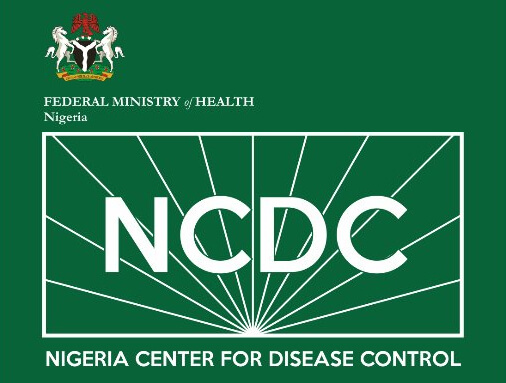- News
- No Comment
Risk Of Ebola Spread To Nigeria High, Says NCDC

The risk of Ebola spread to Nigeria has been rated high by the Nigeria Centre for Disease Control and Prevention (NCDC).
This was contained in a statement by the NCDC on Tuesday as Uganda continues to grapple with an outbreak of the deadly disease.
The statement read in part: “Based on available data, the overall risk of importation of the Ebola virus and the impact on the health of Nigerians has been assessed as HIGH for the following reasons:
“The Sudan Ebola Virus does not currently have an effective drug for treatment or licensed vaccine for prevention.
“The extent of the outbreak in Uganda has not yet been ascertained as investigations have shown that some persons may have died with similar symptoms which were not reported to health authorities. In addition, their burials were not conducted safely to prevent transmission.
“The case fatality rate of the Sudan virus varied from 41% to 100% in past outbreaks.
“The likelihood of importation to Nigeria is high due to the increased air travel between Nigeria and Uganda, especially through Kenya’s Nairobi airport, a regional transport hub, and other neighbouring countries that share a direct border with Uganda.
“The likelihood of spread in Nigeria following importation is high due to the gatherings and travel associated with politics, the coming yuletide as well as other religious gatherings and festivals during the last few months of the year.”
However, the NCDC said Nigeria was equipped to react effectively to an outbreak.
It said, “Despite this risk assessment, Nigeria has the capacity – technical, human (health workforce), and diagnostic – to respond effectively in the event of an outbreak. This is exemplified by our successful response to the Ebola outbreak in 2014, as well as improvements in our capacity for health emergency response during the COVID-19 pandemic.
“We have the diagnostic capacity to test for the EVD presently at the National Reference Laboratory in Abuja and the Lagos University Teaching Hospital’s Centre for Human and Zoonotic Virology Laboratory.
“However, diagnostic capacity will be scaled up to other laboratories in cities with important Points of Entry (POE) and others as may be required. An effective response system is in place with the availability of control capacities (trained rapid response teams, and an effective infection prevention and control programme) to limit the risk of spread in the event of a single imported case.”
